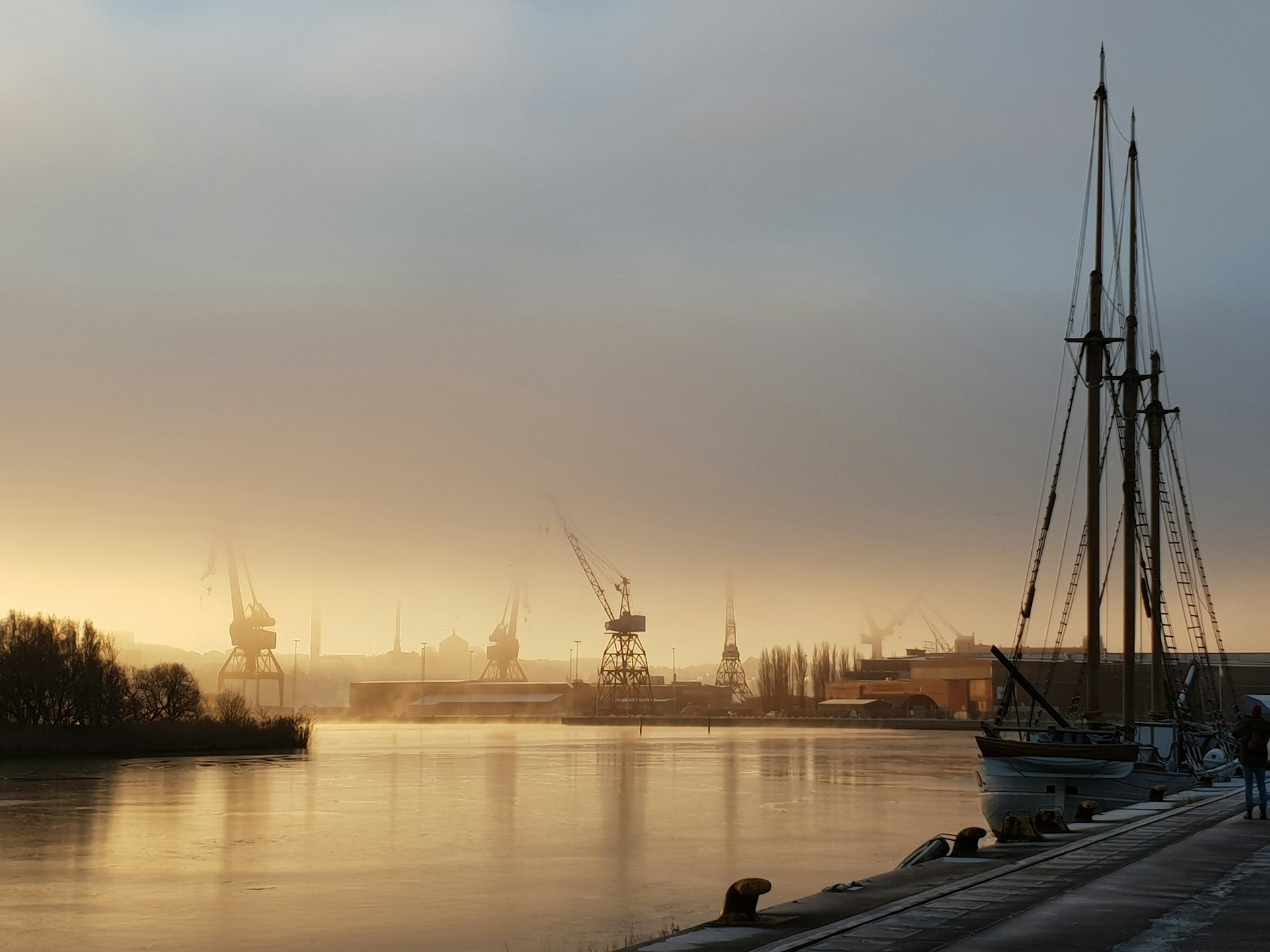Port of Gothenburg Debuts Green Methanol-Powered Feeder Service

On Saturday, May 18, a new feeder service began making regular calls at the Port of Gothenburg. This service is operated by the Laura Maersk, the world’s first container ship powered by green methanol.
Laura Maersk is part of Maersk's major initiative to use renewable methanol as ship fuel, marking the start of a fleet expansion with over 20 methanol-powered ships expected to be delivered between 2024 and 2027.
“Already today, many of the customers importing and exporting via Gothenburg have chosen lower-emission ocean transport enabled by green fuels* and thereby reduced the greenhouse gas footprint in their supply chain. With the arrival of Laura Maersk on a weekly basis, we are now connecting Gothenburg to a green corridor in Northern Europe and giving Swedish-based customers direct access to the World’s first methanol-enabled container vessel,” commented Birna Ödefors, area managing director of Nordics at A.P. Moller Maersk.
According to Jacob Minnhagen, freight buyers are increasingly prioritizing environmental performance in their transportation choices, driven by their sustainability agendas. Ports play a pivotal role in facilitating the transition to sustainable shipping.
"Laura Maersk is a true sustainable shipping milestone and it is exciting to see her in service here at the Port of Gothenburg. Fundamentally, it's the increasingly ambitious transition goals of shipping companies that drive the development, with Maersk being one of the leading players in the field today," stated Jacob Minnhagen, senior market development manager at the Gothenburg Port Authority.
The Port of Gothenburg has been actively working to create favorable conditions and incentives for this shift. A crucial aspect of their efforts is ensuring a steady supply of renewable fuels, with the port aiming to become Scandinavia's largest hub for renewable energy. Renewable methanol is considered a vital element in the future fuel mix.
In addition to Gothenburg and Bremerhaven, the new service also calls at the ports of Helsingborg, Halmstad, and Kalundborg.
"This benefits shipping companies that have been early adopters and are already engaged in the transition of their fleets today. They are also well-positioned for the international regulations that are becoming increasingly stringent in their requirements for those who want to be part of tomorrow's sustainable transport system," added Jacob Minnhagen.